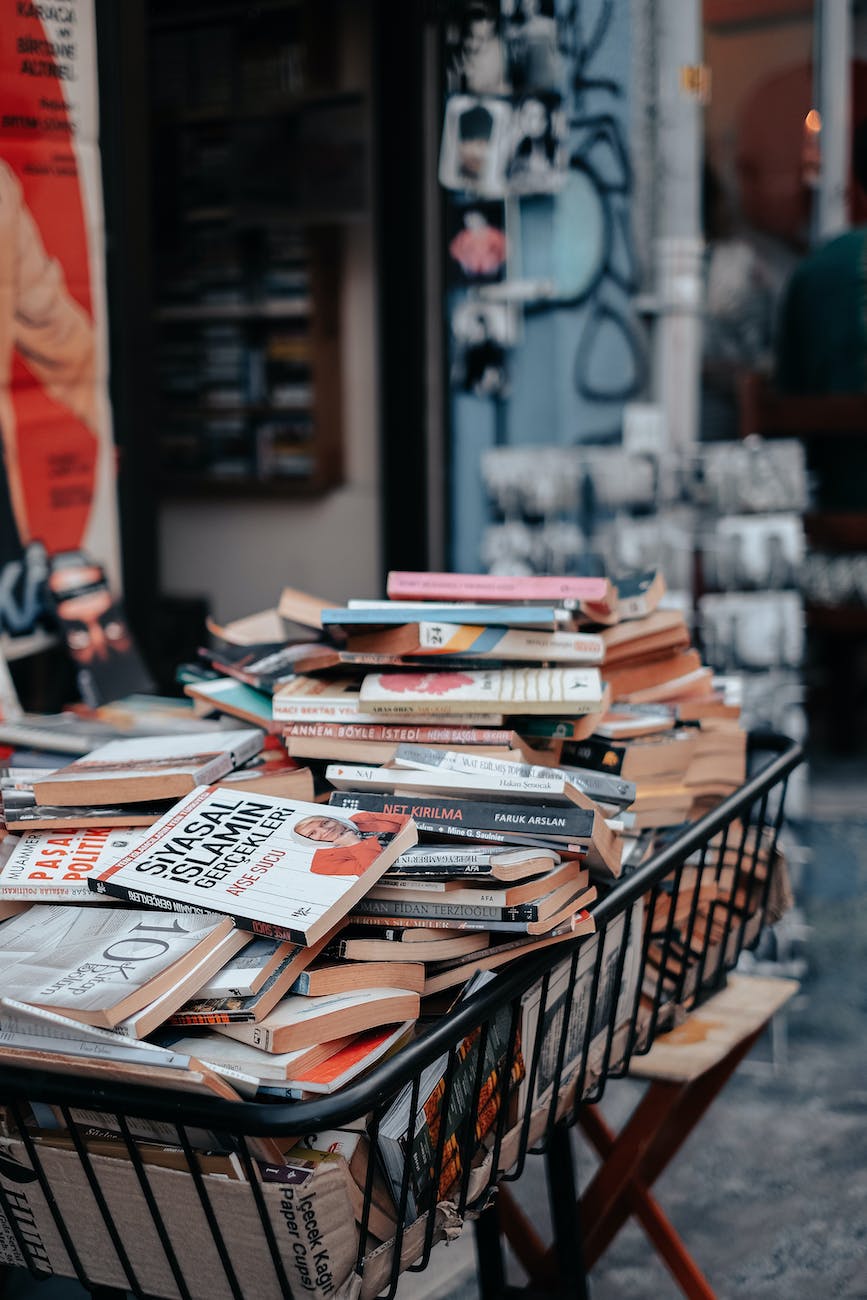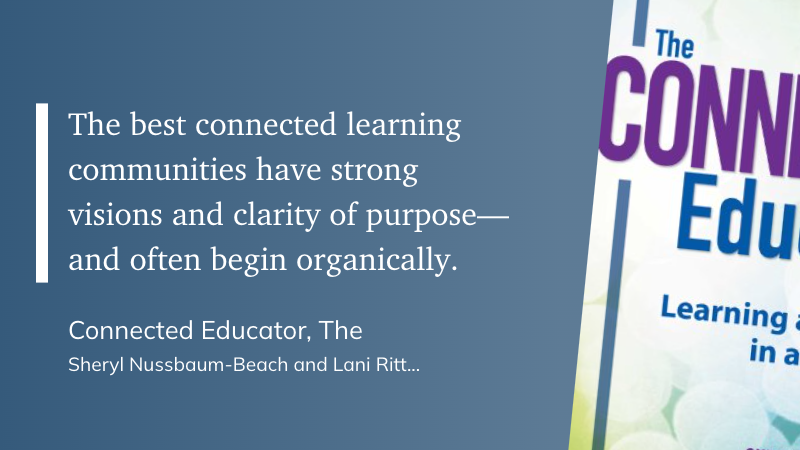
Penguin Random House, the leading book publisher in the nation, has partnered with PEN America in a significant endeavor to challenge book banning. In an ongoing legal battle, they have joined a coalition comprising parents, authors, and concerned individuals who filed a federal lawsuit against the imposition of bans in Escambia County, Florida.
Escambia County, situated in northwest Florida, has recently enacted restrictions on or removed a minimum of 16 books from public school libraries and classrooms. The banned books encompass a wide range of literary works, including the debut novel of a Nobel Prize laureate and a beloved coming-of-age bestseller from the 1990s.
Among the contested books is “The Perks of Being a Wallflower,” which not only achieved success as a novel but also gained popularity as a hit movie. Last autumn, a local high school teacher raised objections to this book and over a hundred others, prompting Christian activists to voice their concerns at multiple school board meetings.
One such activist, Aaron Schneier, a parent from Pensacola, defended the removal of books, arguing that it does not constitute censorship to exclude explicit or sexually provocative literature from school settings. School board member Kevin Adams supported the removal of “The Perks of Being a Wallflower” from the optional 12th-grade novel study, emphasizing the need to establish standards of conduct and manners for students that align with his personal values.
Suzanne Nossel, the executive director of PEN America, expressed the organization’s commitment to defending free speech. Over the past two years, PEN America has meticulously documented more than 4,000 cases of book bans or removals. Escambia County’s situation was deemed particularly egregious, prompting the decision to file this lawsuit. The plaintiffs involved include affected parents, students, Penguin Random House as an affected publisher, and other concerned individuals. They collectively advocate for the intervention of the judicial system to uphold constitutional rights.
Among the plaintiffs is Ashley Hope Perez, an acclaimed writer whose bestselling book, “Out of Darkness,” depicts a love story between a Mexican American girl and an African American boy. Perez humorously remarks that her book is “super banned,” having faced bans in numerous locations, including Escambia County. She observes a recurring pattern wherein books like hers become targets for removal by groups such as Moms for Liberty, which offer pre-prepared talking points. Perez further highlights the lack of substantive engagement with the content of these books, often accompanied by repetitive typographical errors.
While Perez prefers open discussions over legal battles, she recognizes the necessity of utilizing the tools of democracy during this critical moment. She emphasizes that young people seek narratives that are not sanitized but rather provide opportunities to explore challenging issues and imagine lives different from their own.
In response to the mounting pressure, the Escambia School Board announced a temporary halt to book challenges, extending indefinitely. NPR’s attempts to obtain comments from the school board went unanswered.
The joint efforts of Penguin Random House, PEN America, and the coalition of plaintiffs underscore a broader fight against book banning, advocating for the preservation of intellectual freedom and the exploration of diverse perspectives.
The Eclectic Educator is a free resource for everyone passionate about education and creativity. If you enjoy the content and want to support the newsletter, consider becoming a paid subscriber. Your support helps keep the insights and inspiration coming!


